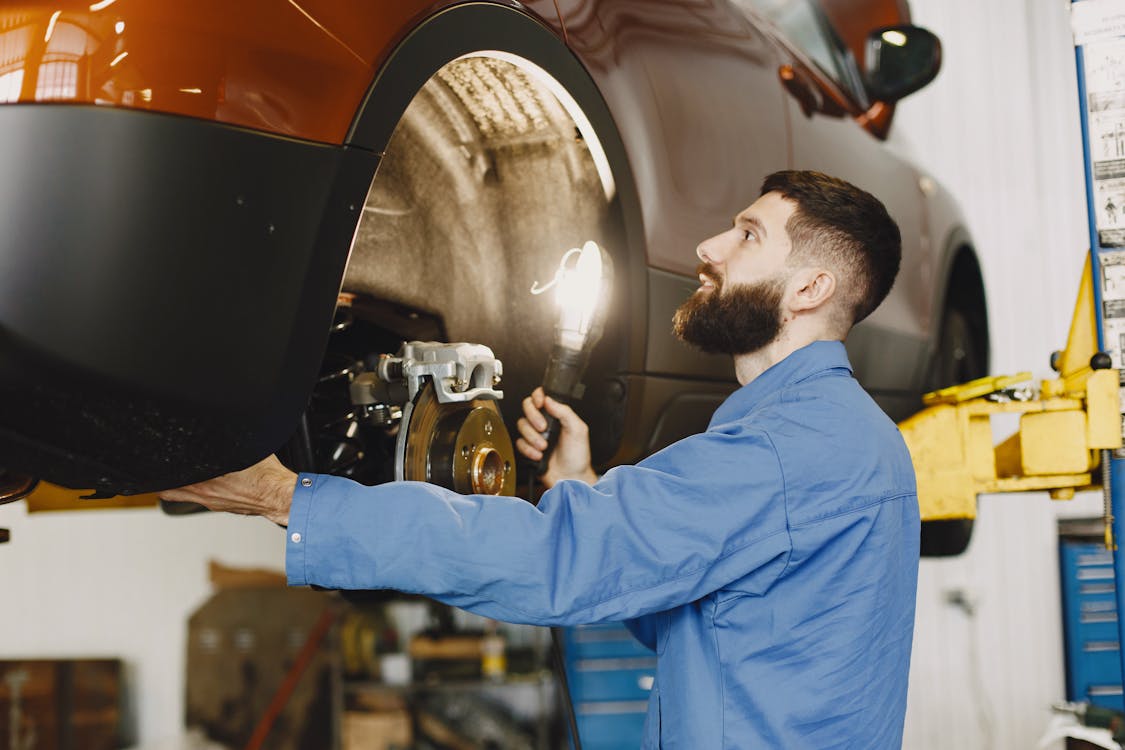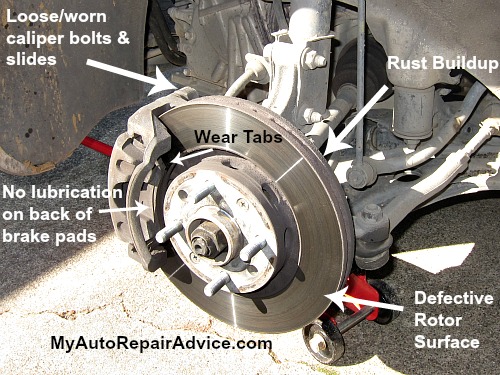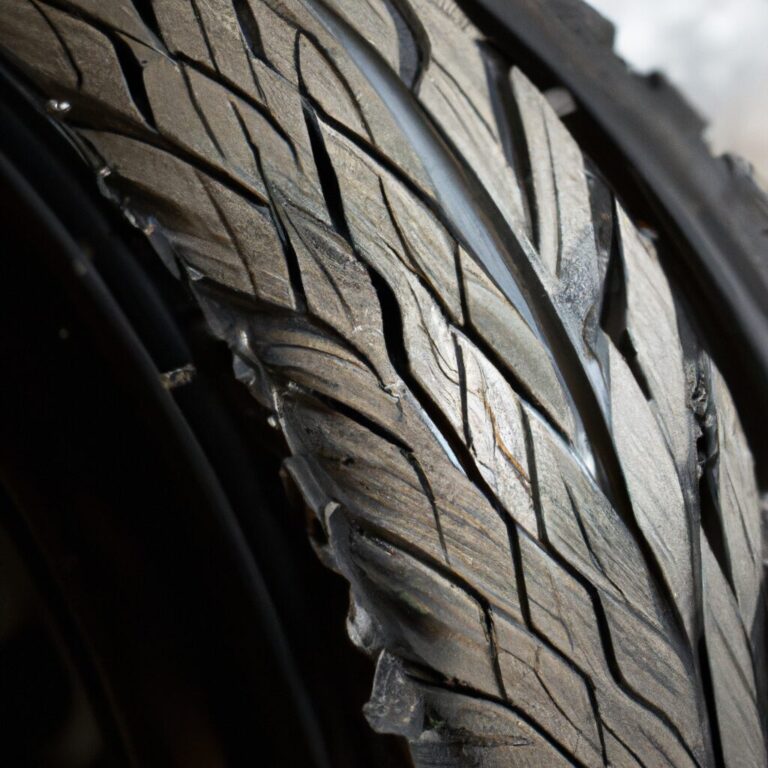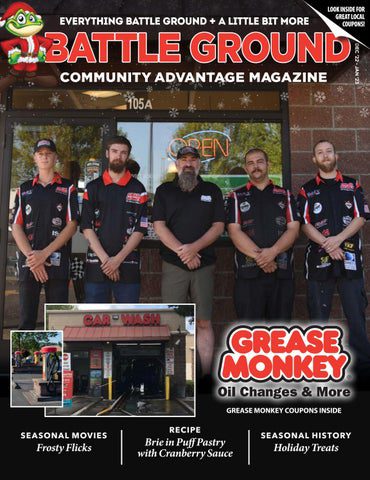Car Brakes Squeak When Backing Up
Car brakes may squeak when backing up due to worn brake pads or rust buildup. Inspect and potentially replace the brake pads to resolve the issue promptly.
Driving with squeaky brakes can compromise safety and lead to more extensive damage. When you hear squeaking noise while backing up your car, it can be alarming and concerning. However, understanding the possible reasons behind this issue can help you address it effectively and ensure your vehicle’s safety.
We will discuss common causes of brake squeaking when reversing and provide tips on how to fix this problem. Stay tuned to learn more about maintaining your car’s braking system and ensuring a smooth driving experience.

Credit: www.montgomerycdjr.com
Common Causes Of Car Brakes Squeaking
When you hear a squeaking sound as you back up your car, it can be quite alarming. Understanding the common causes of car brakes squeaking can help you diagnose and fix the issue before it leads to further damage or safety hazards. Below, we’ll delve into the potential culprits behind your car brakes emitting that bothersome squeak, so you can address the issue promptly.
Worn Brake Pads
Worn brake pads are a common cause of brake squeaking. Over time, the friction material on brake pads wears down, causing metal to metal contact with the rotor. This can result in a high-pitched squeaking sound when the brakes are applied. Regular maintenance and timely replacement of brake pads can help prevent this issue.
Loose Brake Calipers
Loose brake calipers can lead to squeaking when you back up. If the calipers are not properly secured, they can vibrate and produce a squeaking noise as you apply the brakes. It’s crucial to have your brake calipers inspected and tightened as part of routine maintenance to avoid this problem.
Rusted Brake Rotors
Rusted brake rotors can also be a source of brake squeaking. When rust accumulates on the surface of the rotors, it can cause uneven contact with the brake pads, resulting in a squeaking sound. Addressing rust on the brake rotors through regular cleaning and maintenance can help alleviate this issue.
Potential Risks And Consequences
When backing up, car brakes squeaking can indicate potential risks and consequences. This could include issues such as worn brake pads or rotors, which could lead to reduced braking performance and increased stopping distance, endangering both the driver and other vehicles on the road.
Reduced Braking Performance
Car brakes squeaking can lead to reduced braking performance. Brake noise often indicates worn-out brake pads or rotors, which may impede your ability to stop quickly.
Damage To Other Brake Components
Continued brake squeaking can cause damage to other brake components, such as the calipers and drums, leading to costly repairs if not addressed promptly.
How To Diagnose The Problem
When you hear your car brakes squeak when backing up, it could indicate a potential issue that needs attention. Here’s how you can diagnose the problem:
Perform Visual Inspection
- Check brake pads for wear and tear
- Look for any signs of damage or rust on the rotors
- Inspect the brake calipers for proper alignment
Listen For Other Brake Noises
- Pay attention to squealing, grinding, or clicking sounds
- Notice any vibrations or pulsations when applying brakes
- Be alert to any changes in braking performance
Consult A Mechanic
If you are unsure about the cause of the squeaking brakes, it is recommended to seek professional help from a qualified mechanic. They can perform a thorough inspection and provide accurate diagnosis and repair solutions.

Credit: www.myautorepairadvice.com
Steps For Fixing Squeaky Brakes
When your car brakes squeak while backing up, it can be an annoying and concerning issue. Squeaky brakes are often a sign of worn-out or poorly maintained brake components, which can affect your vehicle’s safety and performance. Fortunately, there are a few steps you can take to fix squeaky brakes and ensure smooth, quiet stops. Let’s explore the following methods to address this common automotive concern.
Replace Brake Pads
If your brake pads are worn down, they can cause squeaking when you apply the brakes. Inspect your brake pads for wear and tear. If they appear thin or damaged, it’s time to replace the brake pads. New brake pads will provide proper friction and eliminate squeaking noises during braking.
Tighten Brake Calipers
Loose or improperly adjusted brake calipers can lead to squeaky brakes. Check the brake calipers for any signs of looseness or misalignment. Tighten the brake caliper bolts to ensure they are securely in place. This simple adjustment can often eliminate squeaking caused by caliper movement.
Clean Or Replace Brake Rotors
Dirty or warped brake rotors can also contribute to brake squeaking. Inspect the brake rotors for any debris, rust, or uneven surfaces. Clean the rotors using a suitable brake cleaner to remove any buildup. If the rotors are heavily worn or damaged, it may be necessary to replace the brake rotors altogether.
Preventive Measures For Future Squeaking
To prevent future squeaking, it’s essential to maintain regular brake maintenance, including lubricating the brake pads and checking for any signs of wear. Additionally, ensuring the proper installation of brake components and using high-quality brake pads can help to prevent the squeaking when backing up.
Regular inspections and preventive measures can ensure a smooth and quiet brake operation.
Experiencing brake squeaking when backing up your car can be not only annoying but also a cause for concern. Understanding the preventive measures you can take to avoid future squeaking is essential for ensuring the safety and smooth operation of your brakes. By following these simple steps, you can reduce the likelihood of squeaking and extend the lifespan of your brakes.
Regular Maintenance
Regular maintenance plays a vital role in preventing brake squeaking. Byfunctioning optimally and avoid unnecessary squeaking:
- Keep your brake pads and rotors clean and free of debris.
- Inspect your brake system regularly for wear and tear.
- Check brake fluid levels and top up if necessary.
- Replace worn brake pads and rotors promptly.
By staying on top of your car’s brake maintenance, you can reduce the
risk of squeaking and ensure your brakes are in top condition.
Proper Lubrication
Proper lubrication is crucial in preventing brake squeaking. Here’s how youcan ensure your brakes are properly lubricated:
- Apply a thin layer of high-temperature brake lubricant to the back of
the brake pads during installation. - Regularly lubricate the caliper pins and slides with silicone-based
brake grease. - Check for any signs of dry or worn-out lubrication and reapply as
necessary.
By maintaining proper lubrication, you can reduce friction and prevent
brake components from rubbing against each other, thus eliminating
squeaking.
Avoiding Harsh Driving Habits
Your driving habits can also contribute to brake squeaking. Here are somegood driving practices that can help mitigate squeaking brake issues:
- Gradually ease into braking, avoiding abrupt stops whenever possible.
- Avoid excessive braking on steep or prolonged downhill stretches.
- Reduce speed when going over potholes, speed bumps, or uneven road
surfaces. - Minimize unnecessary braking by maintaining a safe distance from the
vehicle ahead.
By adopting these habits, you can minimize the stress on your brakes,
reducing the chances of squeaking and ensuring smoother and quieter
braking performance.

Credit: m.youtube.com
Frequently Asked Questions For Car Brakes Squeak When Backing Up
Why Do My Brakes Squeak Only When Backing Up?
Brakes squeak when backing up due to dust or debris buildup causing friction on brake pads. This squeaking noise indicates wear and potentially worn-out brake pads that need replacement.
How Do I Stop My Brakes From Squeaking In Reverse?
To stop brakes from squeaking in reverse, check for worn-out brake pads or debris buildup, lubricate brake components, and ensure proper installation.
Why Does My Car Squeak When I Reverse?
The squeaking noise when reversing may be due to worn-out brake pads or suspension components. It’s best to have a professional mechanic inspect and diagnose the issue for safety. Regular maintenance can prevent further complications.
Why Does My Brake Backing Plate Squeak?
The brake backing plate squeaks because it may be loose or worn out, causing friction and vibrations. Regular maintenance can prevent this issue.
Why Do Car Brakes Squeak When Backing Up?
Car brakes may squeak when backing up due to worn brake pads or a build-up of brake dust on the rotors.
Can Squeaking Brakes Be Dangerous?
Squeaking brakes are not inherently dangerous, but they can indicate potential issues with your braking system that should be addressed to ensure safety.
How Can I Stop My Brakes From Squeaking?
To stop brakes from squeaking, you can try cleaning the rotors, replacing the brake pads, or applying lubrication to the brake components as recommended by a professional mechanic.
Conclusion
If your car brakes squeak when backing up, it’s vital to address the issue promptly to ensure safety and prevent further damage. Ignoring unusual brake noises can lead to more extensive and costly repairs down the road. Remember that maintaining your vehicle’s brakes is crucial for smooth and secure driving experiences.
Schedule a professional inspection to pinpoint the cause and resolve the problem efficiently.


